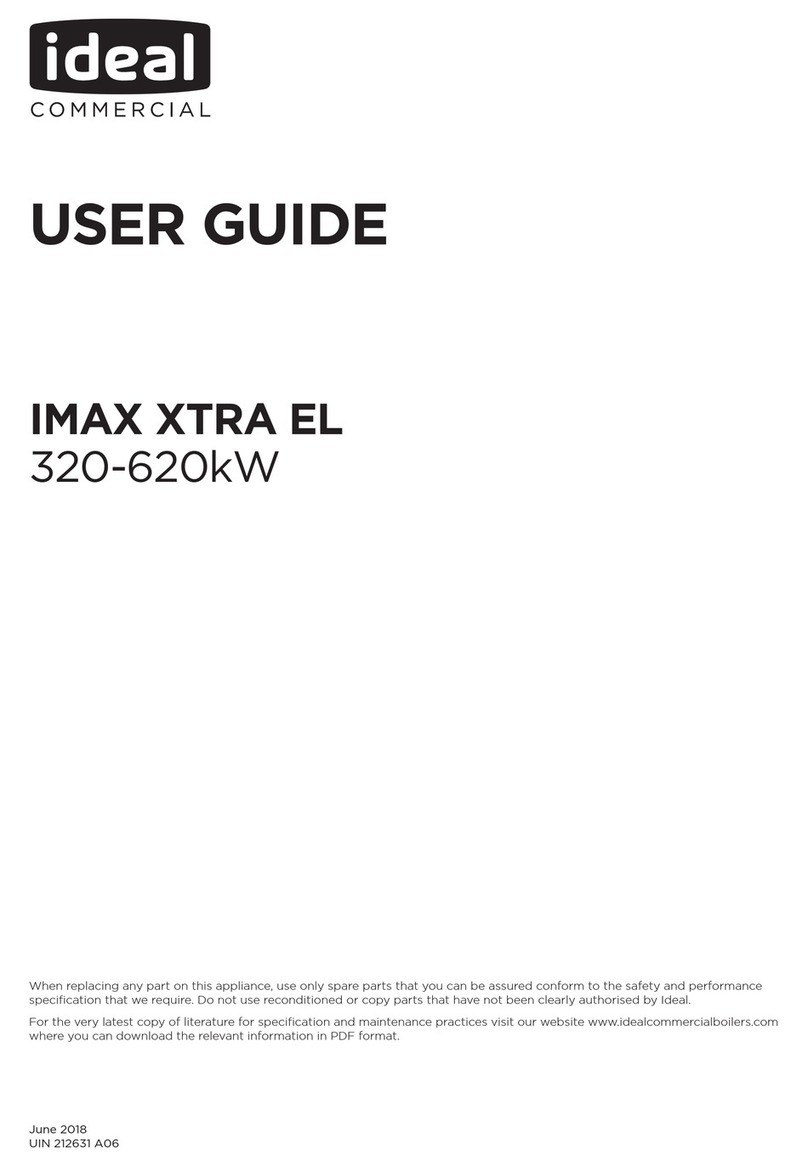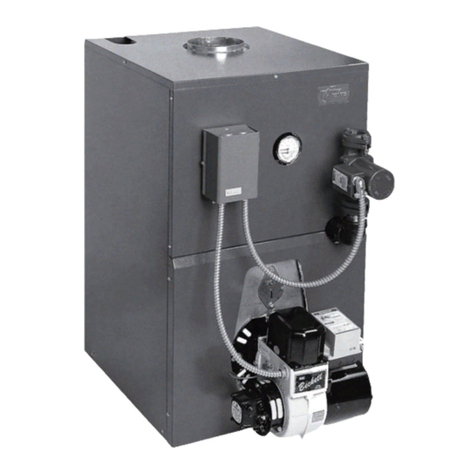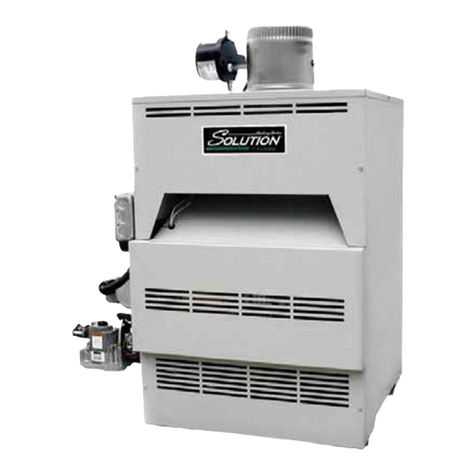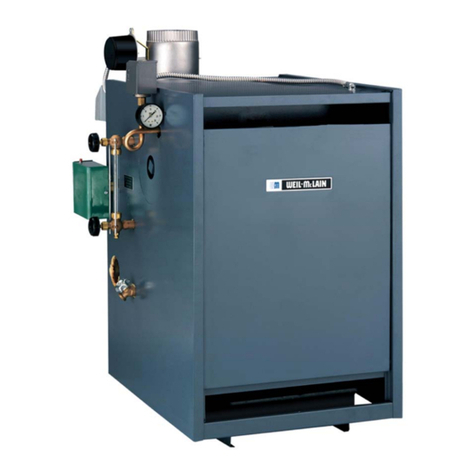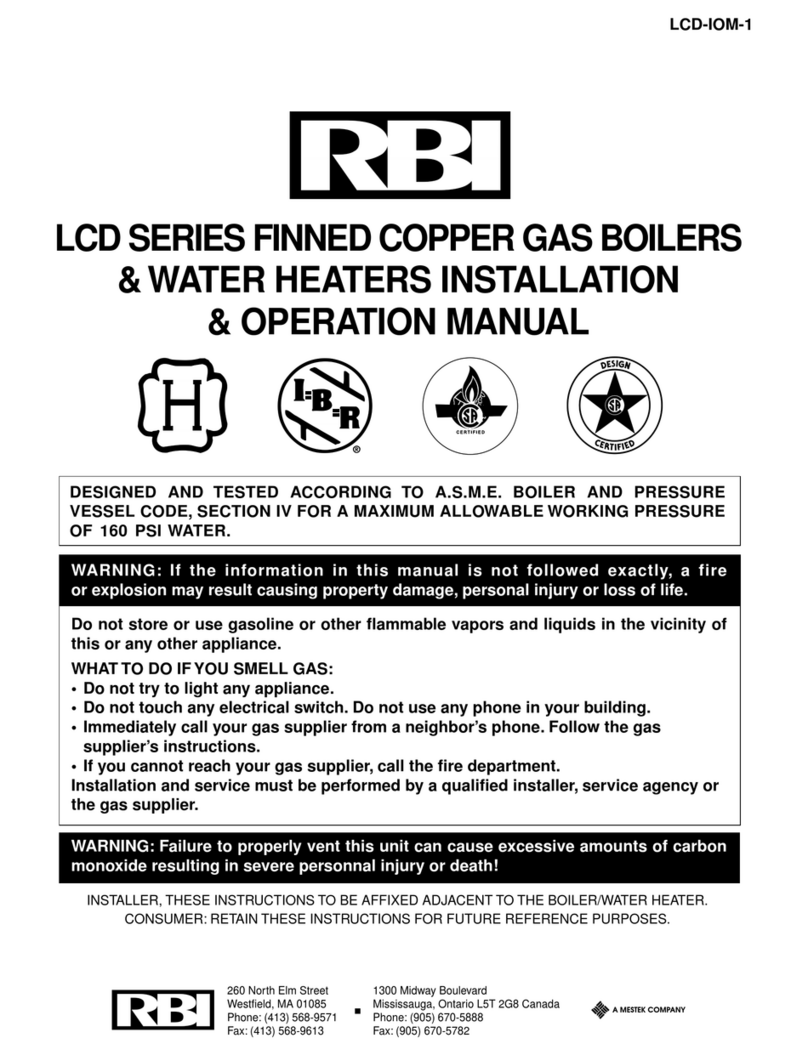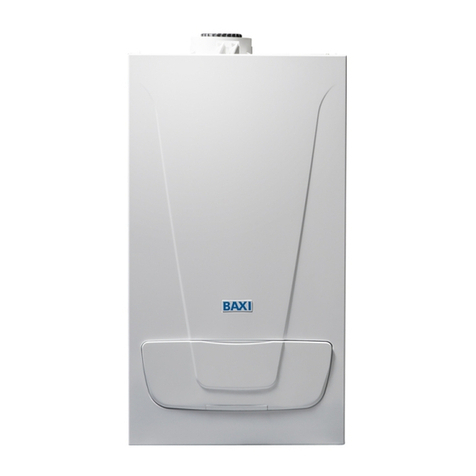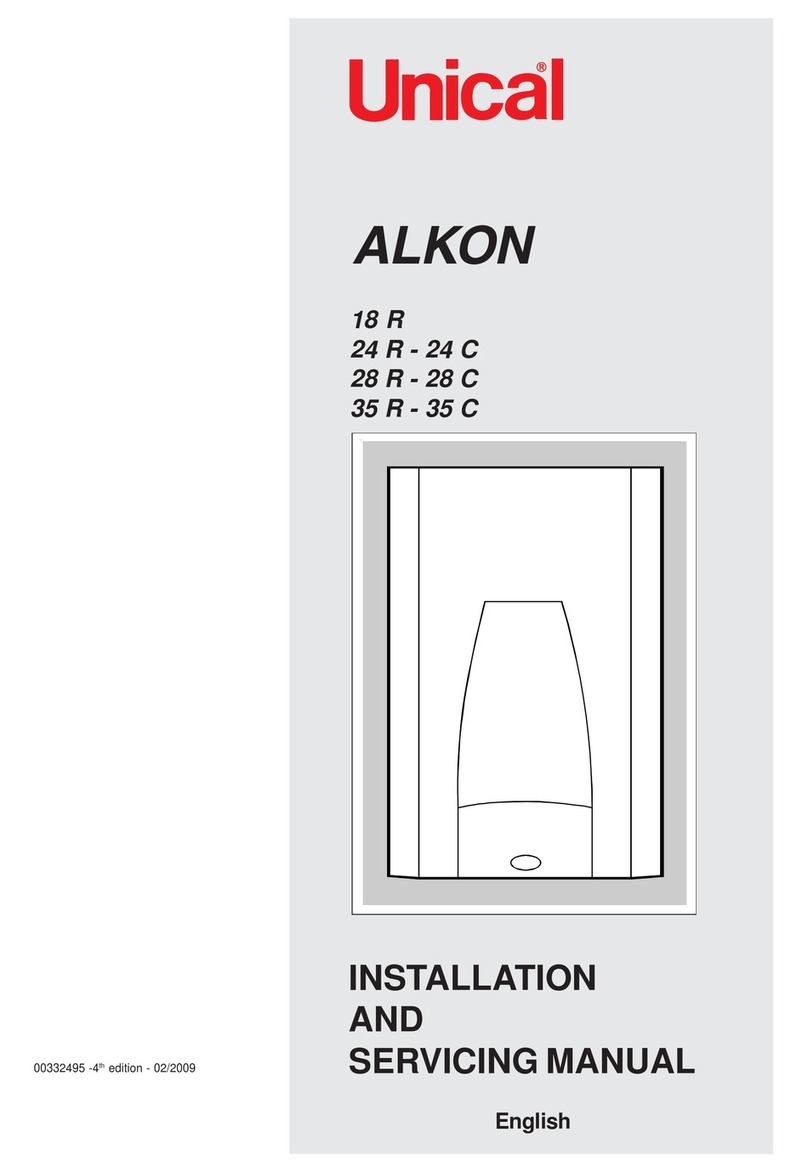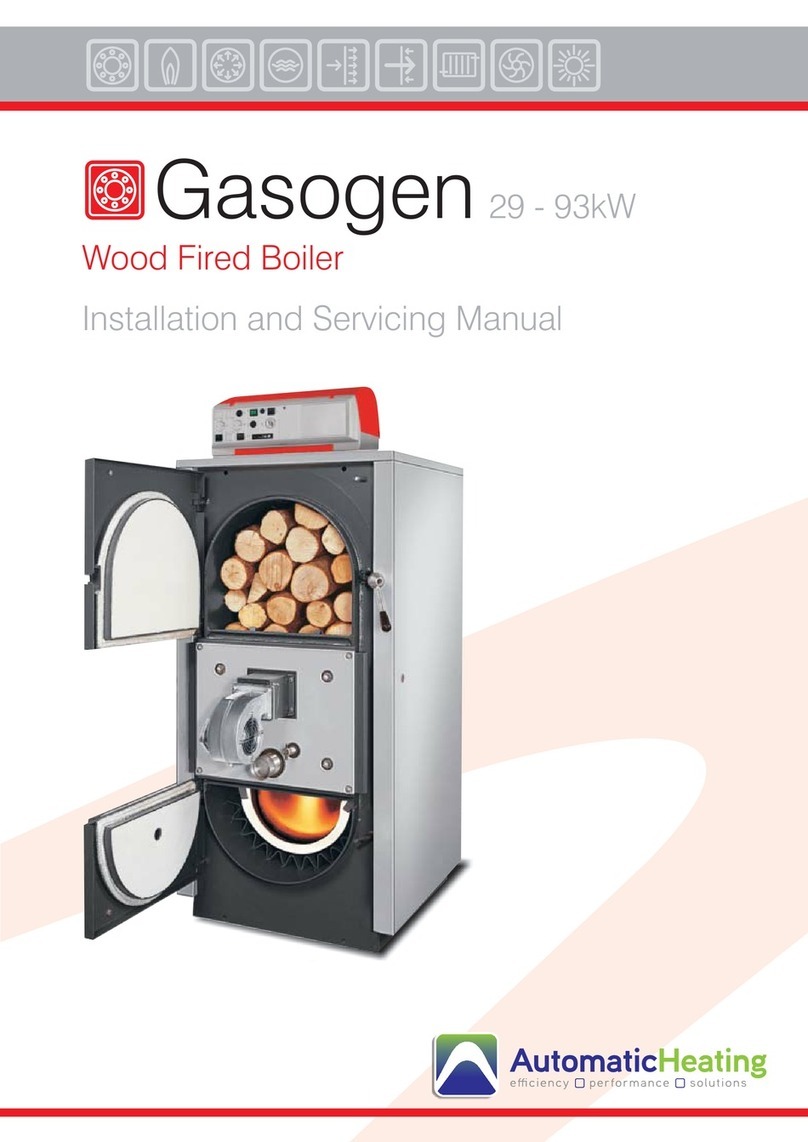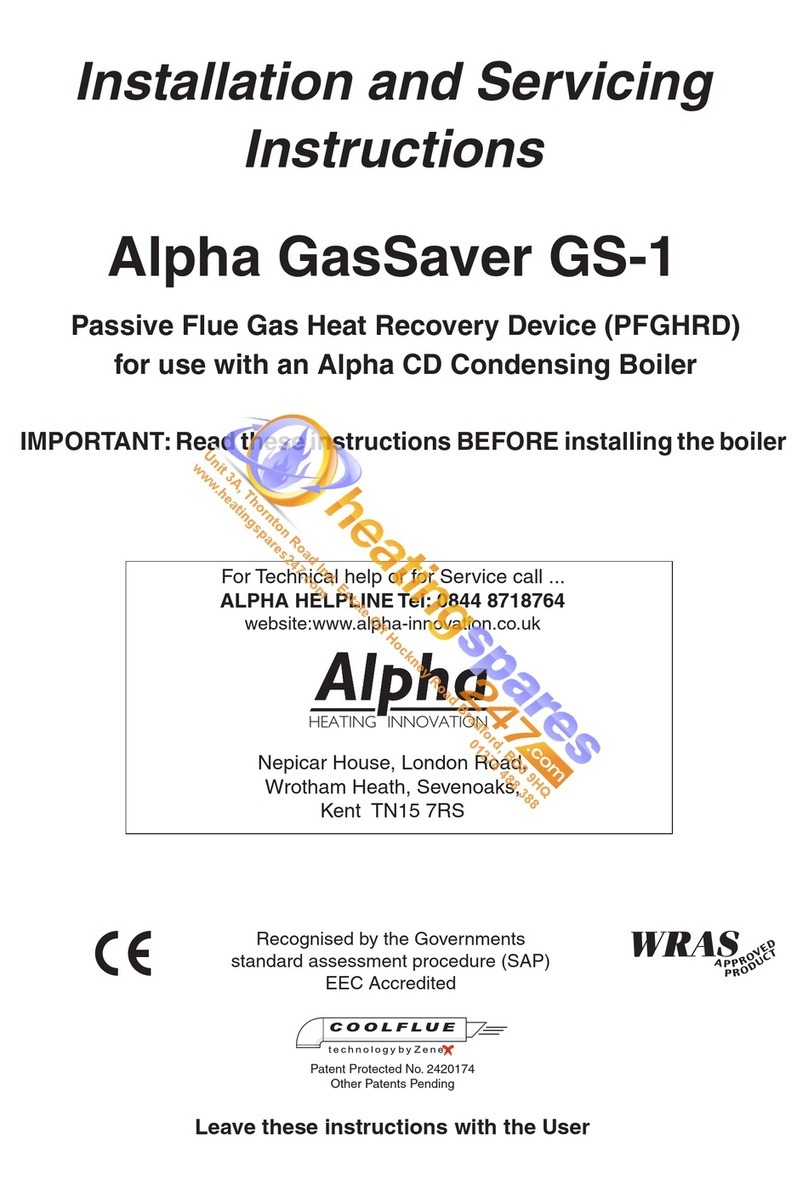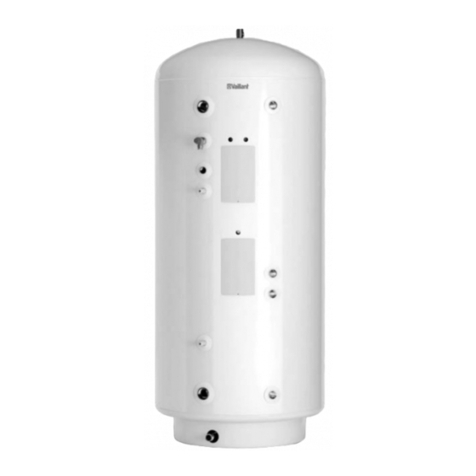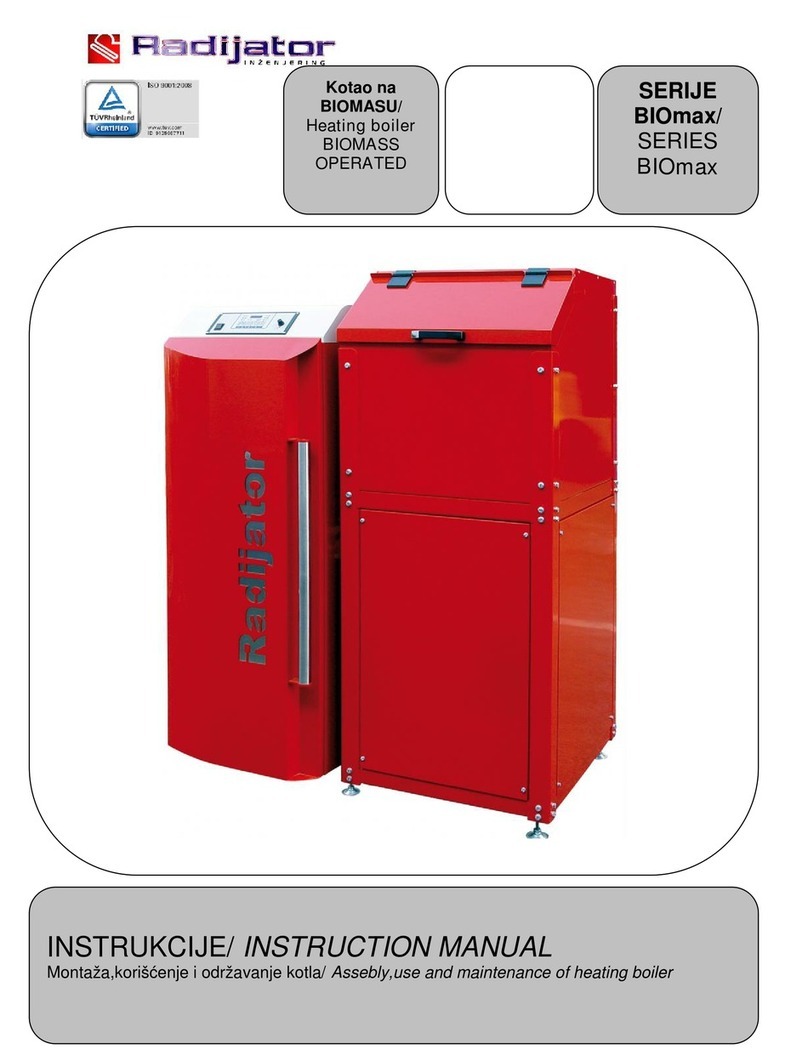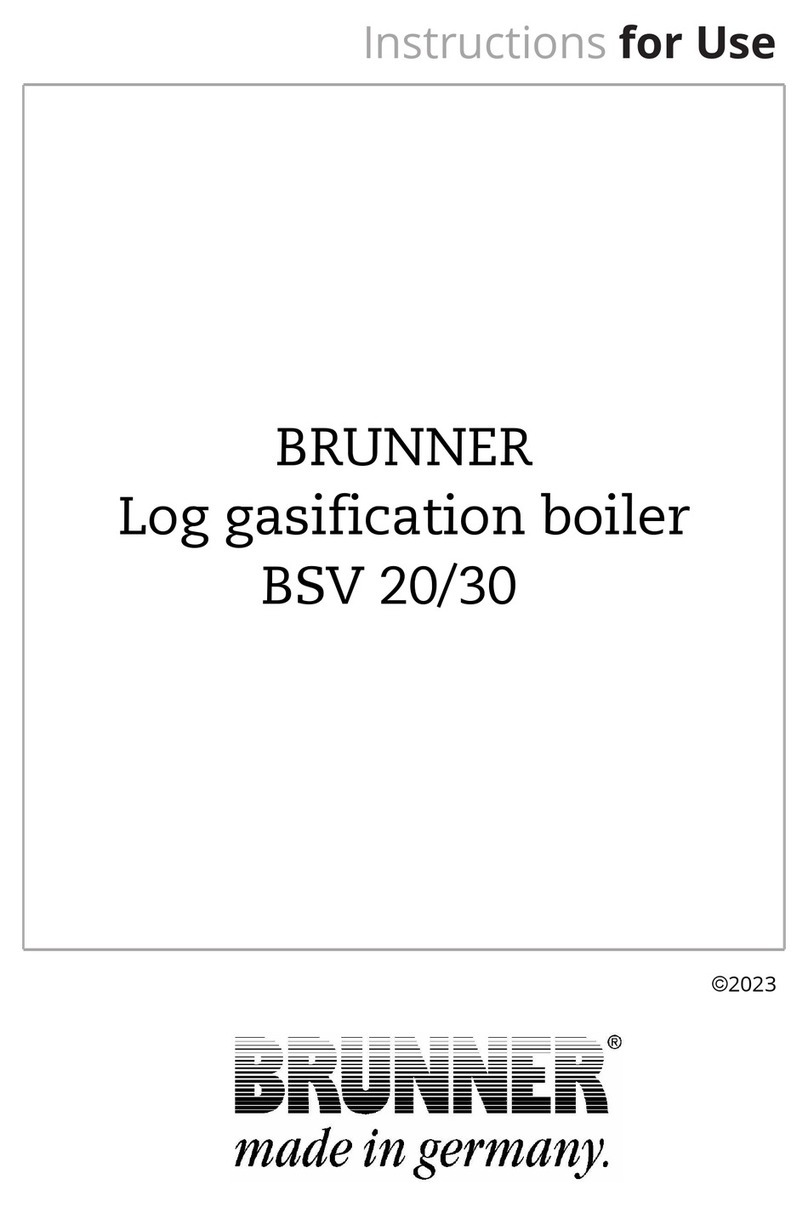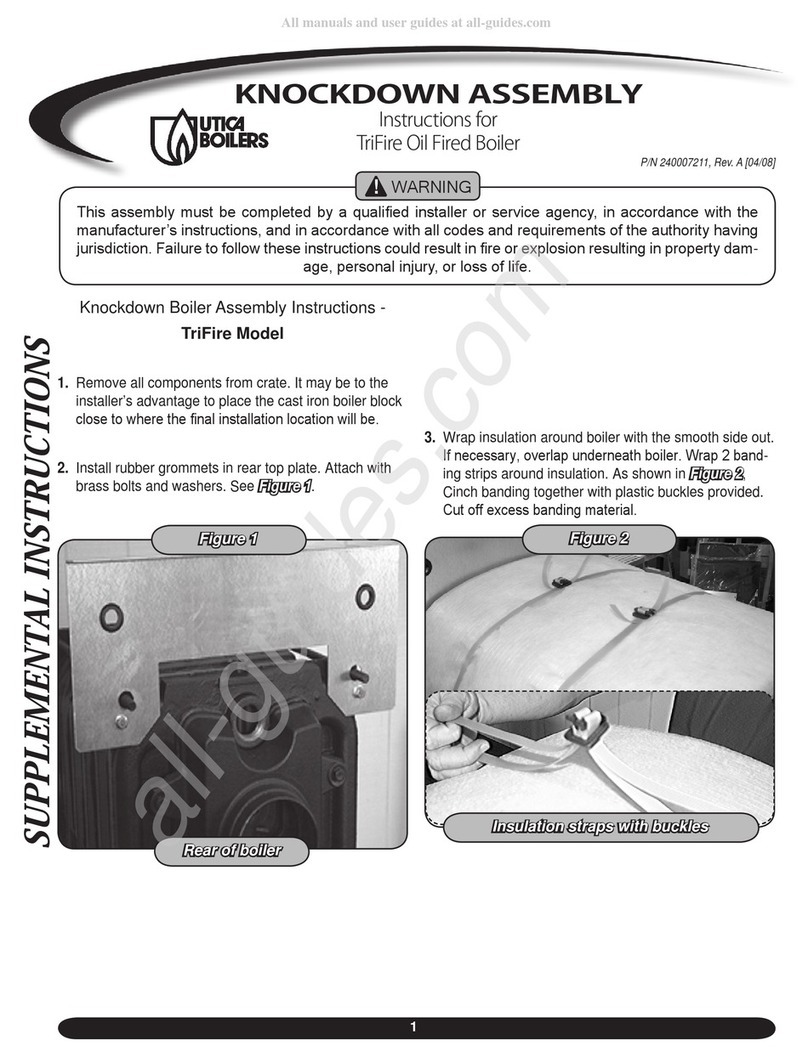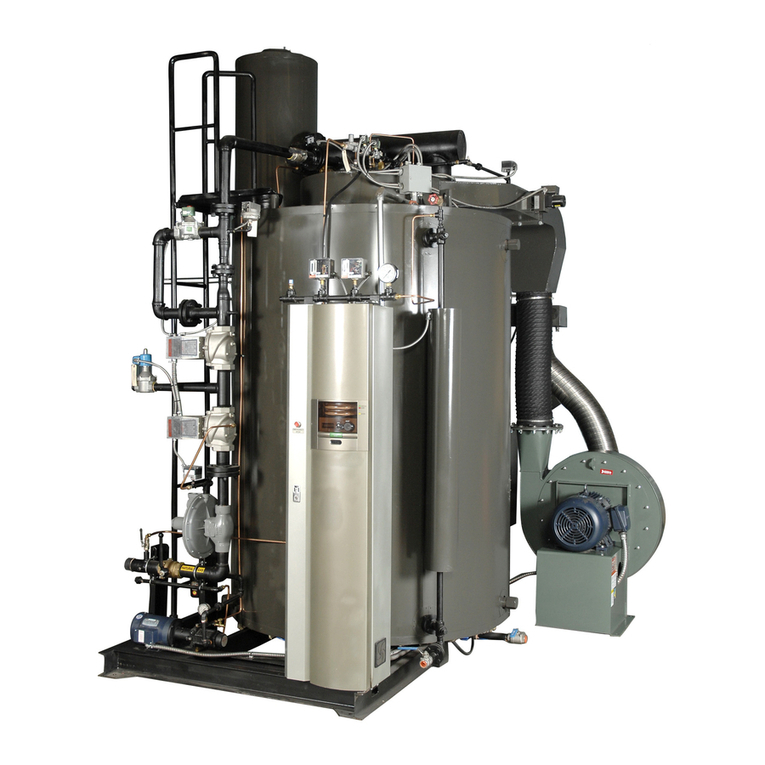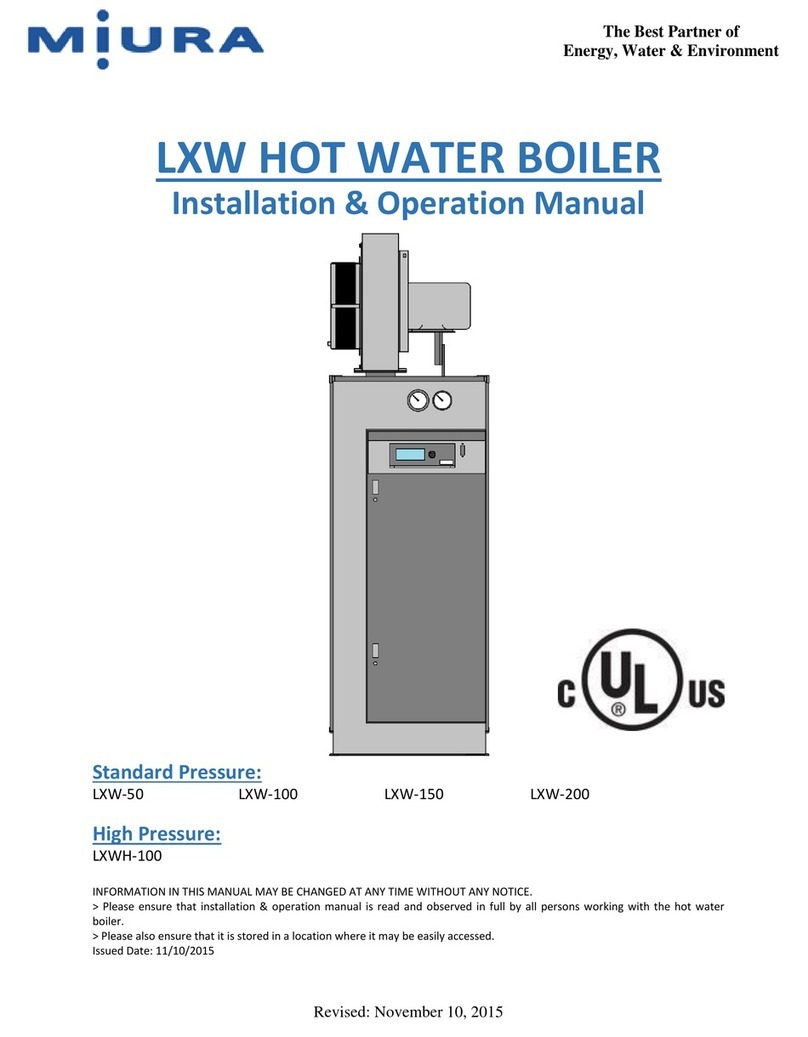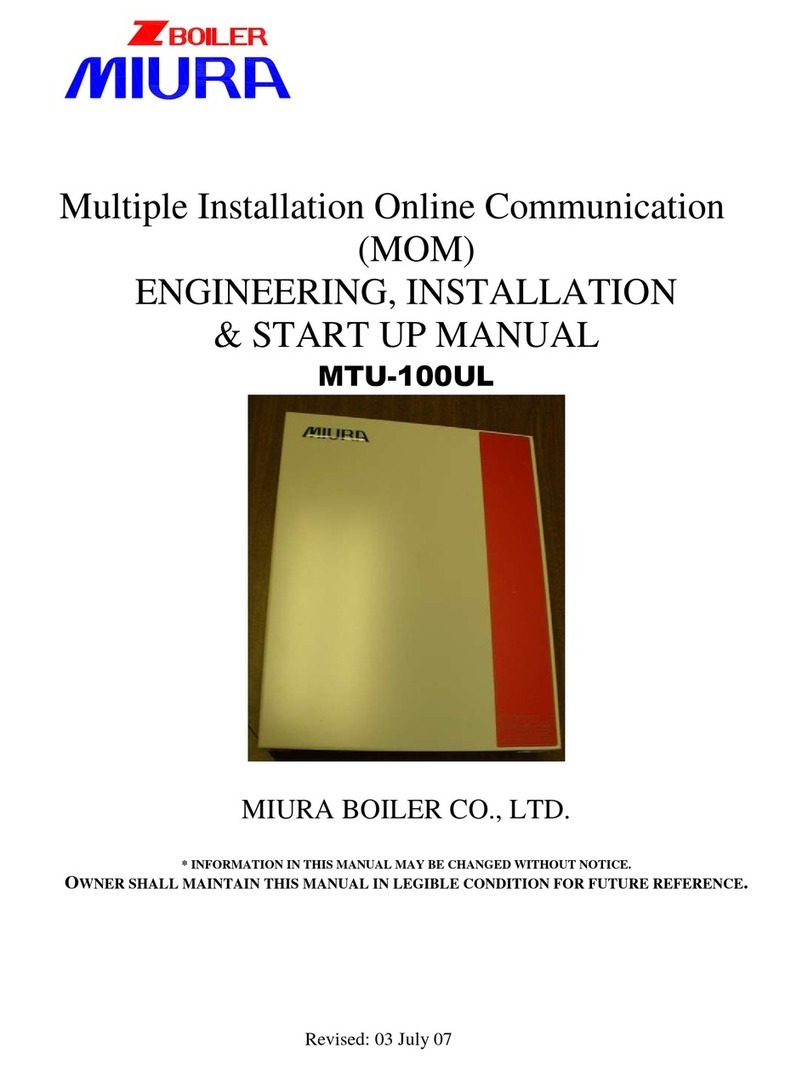
1
Muira Boiler Co., Ltd. began North American activities in 1988 when the manufacturing plant in Brantford,
Ontario, was established. Their engineering department developed procedures to meet ASME codes and listing
approval from IRI/FM, UL, and pre-approval for the SCAQMD (Southern California Air Quality Management
District). The United States corporate sales office, Miura Boiler West, Inc., was established and has developed
relationships with national, state, and city inspectors and agencies.
The North American network consists of branches in Chicago, Los Angeles, and Ontario. The parent company,
Miura Boiler, Ltd. in Japan, is the leading manufacturer of boilers and other thermal equipment in the Pacific
Rim holding more than 55% of the market. With factories in five countries, production now exceeds 14,000
units per year.
As a result of design necessities in Japan, such as limited space and total dependence on foreign energy, the
MIURA STEAM BOILER has been engineered as a highly efficient, vertical water tube, once-through forced-flow
design. The MIURA Boiler features a compact unit with a low-water content and is designed to run with a
minimum amount of maintenance with simple push-button controls. Operation is quiet, radiant heat losses are
minimal, and steam quality is second to none. Miura Boilers are often installed in a multiple boiler network.
MIURA Boilers, along with the patented MIURA Multiple Installation panel, allow appropriate horsepower to
be brought on and off line quickly to meet sophisticated production needs with maximum fuel economy. The
35-year, field-proven ‘Miura Advantage’is the ability to reach full output steam from cold start in less than
five minutes using the least amount of energy and having the lowest environmental impact. The high efficiency
Miura Boiler has won numerous awards from engineering societies and gas associations because it is a compact,
safe, cost-effective boiler.
There are a number of codes, standards, laws, and regulations covering boilers and related equipment that should
be considered when designing a system. Regulatory requirements are dictated by a variety of sources and are all
focused primarily on safety. The equipment shall be installed in accordance with the current regulations, codes,
and specifications of the applicable city, county, state, and federal agencies. Authorities having jurisdiction should
be consulted before installations are made. For more information on how the various rules affect boiler selection
and operation, you may want to contact your local MIURA authorized representative or the engineering firm
designing the boiler installation. Here are some essential rules to consider:
• The boiler industry is tightly regulated by the American Society of Mechanical Engineers (ASME)
and the ASME codes, which control boiler design, inspection, and quality assurance. The boiler’s pressure
vessel must have an ASME stamp. (Deaerators, economizers, and other pressure vessels must also be ASME
stamped.)
• The insurance company insuring the facility or boiler may dictate additional requirements. Boiler
manufacturers provide special boiler trim according to the requirements of the major insurance
companies. Special boiler trim items usually pertain to added safety controls. Some industries,
such as food processing, brewing, or pharmaceuticals, may also have additional regulations that have
an impact on the boiler and the boiler room.
• UL and /or ASME-CSD1 specifications may be required. State or local authorities may require data
on the boiler controls or basic design criteria.
• Most areas have established a maximum temperature at which water can be discharged to the sewer. In
this case, a blow down separator after cooler is required.
• Most state, local, or provincial authorities require a permit to install and /or operate a boiler. Additional
restrictions may apply in non-attainment areas where air quality does not meet the national ambient
air quality standards, and emission regulations are more stringent. Be sure to investigate this before
buying a boiler.
• For all new boilers with inputs over 10 Million Btu/Hr, U.S. Federal emission standards apply,
including permitting and reporting procedures.
1 SECTION ONE - INTRODUCTION
1.1 CODE AND REGULATORY AGENCIES
